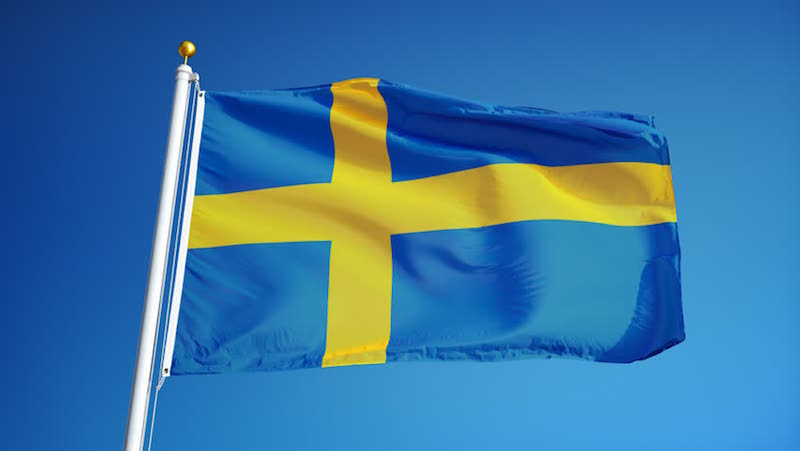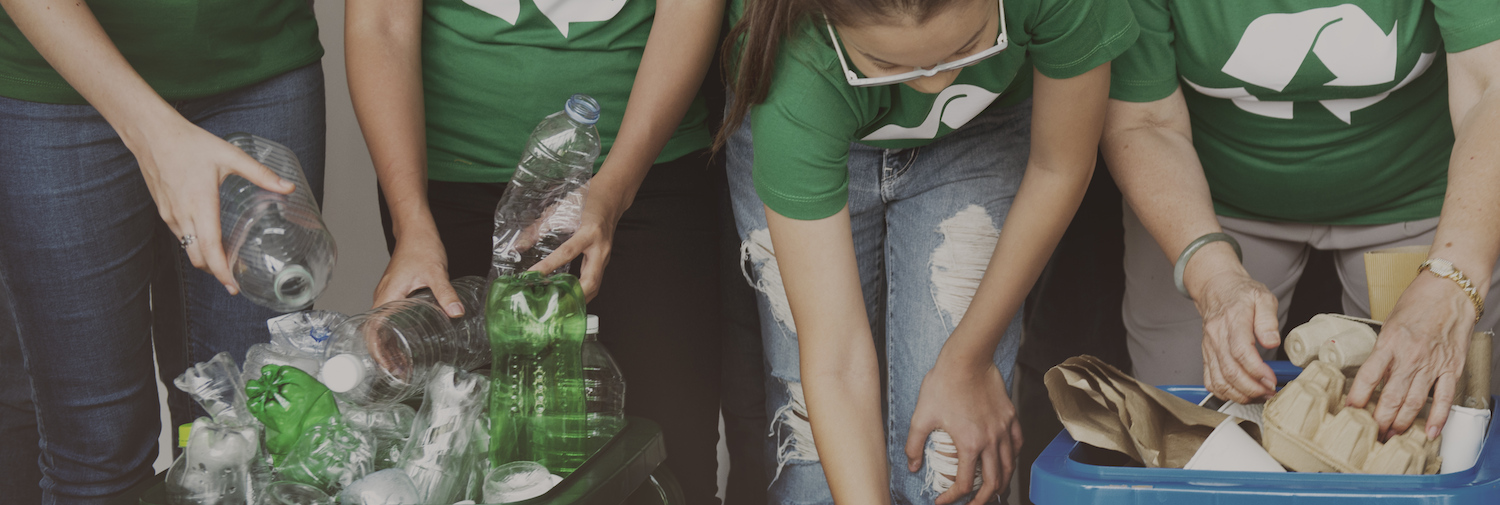Nearly everyone across the globe knows what waste recycling is. Equally, all of us are aware of the potential benefits of recycling. The world’s population is increasing at an alarming rate and this means we should have better ways of handling rubbish because each human being accumulates significant waste over their lifetime. Waste not only poses lots of threats to human life, but to the environment as well.
Landfills are a significant source of methane emissions, which is a powerful greenhouse gas that that hugely contributes to climate change. Runoff emanating from landfills usually contaminate both soil and groundwater. Our seas and oceans are not safe either, and currently, there are a lot of waste inside these water bodies which affect marine life in one way or another.
Generally, waste represents a substantial loss of resources, along with all the efforts used in the production and distribution of finished products. Thankfully, there are a number of ways we can reduce the number of waste that fill our landfills through recycling.
Basically, recycling involves turning a recyclable product back into a raw form which can then be used to create a new and entirely different product. Thanks to the technological advancements, virtually every type of waste can now be recycled.
Which country recycles most rubbish?
European countries are doing everything within their individual powers to make recycling a success. These nations have developed effective recycling programs but their overall efforts have had varying levels of success.
1) Germany

According to Forbes Magazine, Germany is a shining example when it comes to the recycling of waste. Recycling rates are relatively high in Germany, thanks to the numerous initiatives that have been put in place. To be more precise, the German government has established policies that encourage recycling and make it easy for households to recycle rubbish including financial incentives and sufficient funding for recycling. What’s more, it has clear and realistic performance targets and policy objectives for local governments regarding recycling.
So how effective is Germany’s recycling system?
Statistically, Germany generates 628.6 kilograms of waste per capita, recycles 415.3 kilograms per capita and boasts a whopping recycling rate of 66.1%. The success of Germany’s recycling efforts can be attributed to the strict policies put by its government. Some of these policies include the 1996 Waste Management Act which ensures all business entities avoid waste and in cases where this is not achievable, they recycle and dispose of rubbish accordingly. The other policy is the Closed Substance Cycle. Furthermore, households are required to pre-sort their wastes into one of the available six collection bins.
2) Wales

Wales has an ambitious recycling target and it is highly anticipated that it could actually surpass Germany in the next few years. It aims to achieve zero waste in the next three decades. Currently, its waste recycling rate stands at 63.8%. The nation has set itself a seventy per cent recycling rate target, which it intends to achieve by 2025. Wales boasts an effective Waste Framework Directive that has laid down rules that govern waste management. These include disposing of the waste without harming the environment, without causing a nuisance and without affecting areas of significance.
3) Sweden

It is quite remarkable that Sweden recycles almost a hundred per cent of all household waste produced. Known for her passion for recycling, the country powers a quarter of a million homes using burnt up waste! It uses garbage to generate heat and electricity. Did you know that Sweden even imports waste from other neighbouring countries? These countries actually pay Sweden to take their wastes which, in turn, it uses to generate eco-friendly energy for its people. A serious piece of business!
4) Singapore

Singapore has an average recycling rate of 61 per cent. It’s National Environment Agency has a highly integrated waste management system which typically focuses on two main factors; recycling and waste minimization. Just like Sweden, Singapore has many waste-to-energy incineration plants which help in the significant reduction of household waste volume. This also helps in landfill space conservation.
5) South Korea

This is another country that recycles most of its waste. It has a whopping waste recycling rate of 59%. It has a strong waste management program where different types of rubbish are disposed of in colour-coded bins and inappropriate disposal results in penalties and fines. Clearly, residents have no option but to dispose of their wastes properly as per the guidelines.
We can only hope that other nations across the world will emulate the above nations sooner than later. If every country can adopt effective waste management practices, we’ll not only conserve our finite resources but limit the amount of waste we generate. The end result will be a more sustainable and a better place to be!
There is no better place to start than to get the professionals who can hand remove your garbage and take care of the recycling for you! Paul’s Rubbish Removal has the vision to create a greener future through our recycling practices. We believe that every little effort counts in the future. There is no better time than now!
Contact the rubbish experts on 0407 125 125 for a free quote and free consultation on your rubbish needs. We are here for you!







